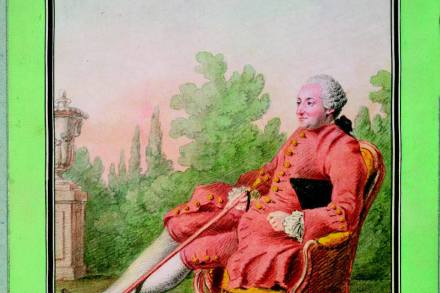Very drôle
It’s nice to know that the trees lining the roads in Paris have microchips embedded in their trunks, that the city council is controlling the pigeon population by shaking the eggs to make them infertile and that the Café Voisin served elephant consommé during the 1870 siege. It’s nice to know that the trees lining the roads in Paris have microchips embedded in their trunks, that the city council is controlling the pigeon population by shaking the eggs to make them infertile and that the Café Voisin served elephant consommé during the 1870 siege. But the pleasure of this learning comes at great personal cost. Where an innuendo can be












